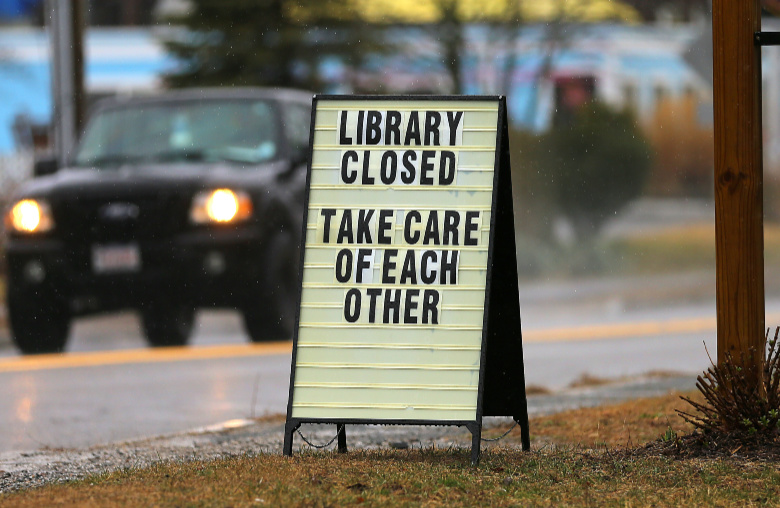At no time in the memory of those living today has human flourishing appeared to rely so heavily on separating ourselves from one another. In this era marked by the COVID-19 pandemic, that separation goes by the name of social distancing, a practice to prevent the spread of this virus. We avoid others so as to safeguard their well-being, not just our own. And the challenge of persuading individualistic citizens to think more communally about the broader social good is witnessed by the numbers of people who have resisted social distancing unless coerced. As the philosopher and ethicist Fannie Bialek (my Washington University colleague) told students in her hastily revised course syllabus a few days ago, absence and presence can be thought of as the poles of this pandemic; ethically speaking, “We need to protect each other by staying apart. We must be united in this project of separation.” Leaders ranging from medical professionals to clergy and the best of our political officials all issue the same appeal.
In many ways, social distancing feels highly unnatural and can be deeply unsettling. Within the context of our university and countless other schools, and aided by online help groups such as Pandemic Pedagogy, faculty and teachers struggle to stay connected to their students via whatever online methods seem most feasible. In a widely circulated note to his own large class, University of North Carolina’s Brandon Bayne stressed, “Nobody signed up for this. Not for the sickness, not for the social distancing, not for the sudden end of our collective lives together on campus.” Students and instructors all know that the experience of taking classes online is different from, and in many ways inferior to, assembling together in a classroom—especially when the course itself was not designed to be virtual.
Other manifestations of our new avoidance regime feel much worse, such as our necessary precautions toward those most at risk of dying from the virus. After I finally convinced my elderly parents to let me buy their groceries last week, my mother (rightly) insisted that I stay in the car while she pulled the bags out of the trunk—no in-person conversation, no hug—before she carted them back into the senior residential facility that I now fear may kill them. (Their place is excellent and this is not at all to knock it, but the number of workers who daily come in and out to keep it going makes perfect disinfection close to impossible.) Throughout my adult years and until that day, I’ve never once visited her or my dad without hugging them. Now I may go months without doing so, while I plead for the virus to spare their lives.
As for this journal and its administrator, the John C. Danforth Center on Religion and Politics, we reel trying to fathom the imminent changes in the subjects we study. Social distancing, it is already clear, is going to have untold effects on both religion and politics nationally and globally; so are the many deaths caused by COVID-19. Community transmission has occurred via both religious services and political rallies; hence both are largely suspended for the foreseeable future. Just when congregants most need the love and comfort of their pastoral leaders and communities, those supports are stripped away. The financial toll on religious institutions that, like many congregations, barely make do in normal times will be devastating. Many won’t survive. How these and other sweeping changes affect Americans’ political priorities and the coming election is as yet impossible to say.
This crisis will eventually simmer down into whatever the new normal turns out to be. How well we care for each other in the meantime will be the most important factor in shaping that reality. Please stay safe and stay home, as all of us at the center are, and support the institutions that will make life better rather than worse on the other side of the pandemic.
Marie Griffith is the director of the John C. Danforth Center on Religion and Politics and the editor of Religion & Politics. Follow her @RMarieGriffith.

